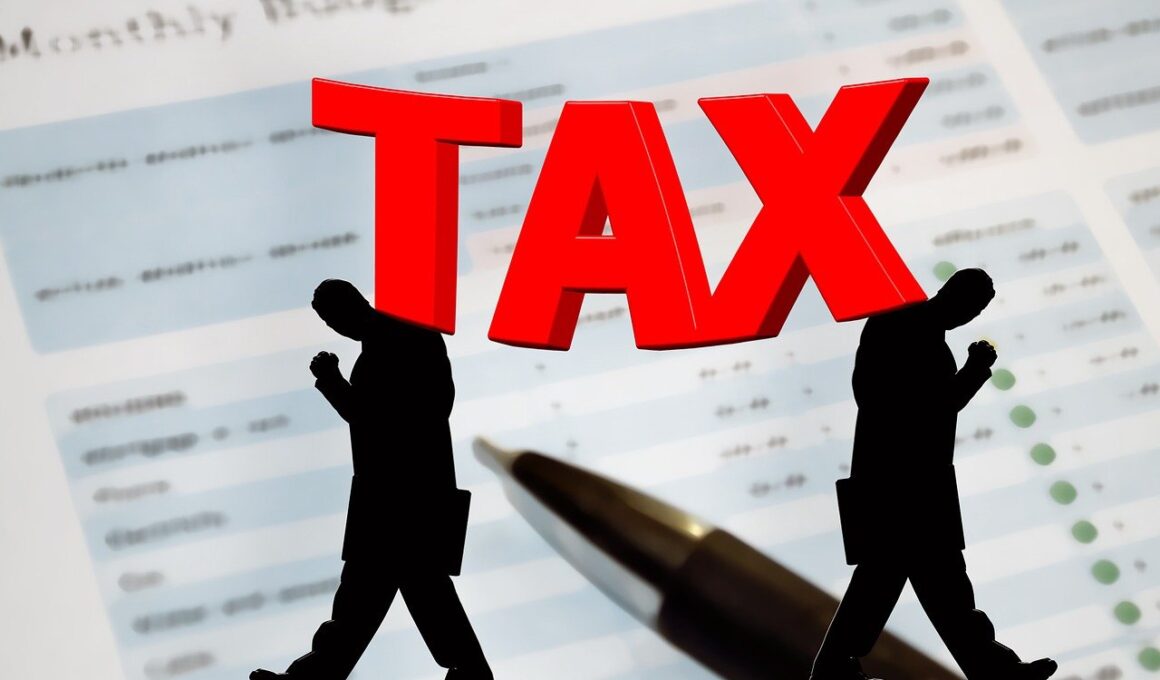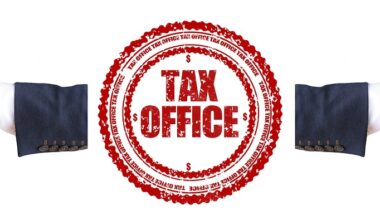The Impact of Federal Tax Reform on State Tax Policies
The implementation of the federal tax reform has had a far-reaching effect on state tax policies across the United States. As states strive to maintain their fiscal stability, many are adjusting their tax structures in response to the changes at the federal level. Federal tax laws directly influence state revenue, especially since many states tie their tax codes to federal guidelines. When the federal government alters tax rates or deductions, states often reevaluate their tax systems to ensure they remain competitive and continue to fund essential public services, such as education and healthcare. One of the major challenges faced is the unintended consequences that arise from these reforms. For instance, states that rely heavily on income tax revenue must navigate the complexities of maintaining adequate funding without creating excessive burdens on their residents. Many states are considering new tax incentives or adjustments in tax brackets to accommodate the dynamic economic environment created by federal reforms. This increases the awareness among policymakers about the potential need for a comprehensive review of their tax strategies to align them with the broader national economic objectives.
The present environment encourages states to innovate their tax codes for sustainability.
Reevaluation of State Tax Structures
As federal tax reforms take hold, many states are compelled to reevaluate their tax structures to adapt to new realities. A significant shift has emerged, with states aiming to balance their budgets while ensuring they do not compromise essential services. The need to analyze the effects of federal changes has driven state lawmakers to engage in in-depth research and discussions about needed adjustments in tax policies. States such as California and Texas have begun to reassess how federal tax benefits affect their overall tax systems. This includes evaluating credits, deductions, and the way they relate to the state’s fiscal practices and public welfare. Additionally, with the rise of remote work, states are exploring how to tax individuals fairly, considering where the individual resides versus where their employer is located. Adjustments to tax codes are not simply reactive; they are also proactive efforts to create a competitive advantage in attracting new businesses and residents. It is vital for states to examine both their own guidelines and the implications of national policies to promote healthy economic growth.
Rethinking tax structures will serve future economic stability.
Challenges in Implementing Change
Implementing changes in state tax policies in the wake of federal reforms presents several challenges. One of the primary obstacles is the resistance from various stakeholders who may be adversely affected by tax increases or structural adjustments. Many individuals and businesses lobby against changes that seem unfavorable, often fearing adverse financial impacts. As a result, legislators face immense pressure to find a middle ground, leading to prolonged discussions without resolution. Furthermore, the complexity of tax laws can create an environment where even slight changes can snowball into larger complications. For example, updating tax software systems to accommodate new regulations can be costly and time-consuming for state departments. In addition, there is a constant need for transparency to keep citizens informed about how any changes will affect their tax liabilities. This is crucial for maintaining public trust and compliance. Policymakers must navigate these hurdles carefully to ensure any adjustments to tax policy are equitable and serve to enhance the state’s fiscal health while catering to constituents’ needs.
Addressing stakeholder concerns is crucial for effective changes.
Main Themes of State Reforms
The themes of state tax reforms arising from federal changes tend to emphasize simplicity and fairness. Policymakers are increasingly motivated to streamline tax processes to make them more user-friendly for taxpayers. This involves a push towards reducing the complexity of filing taxes, thereby allowing residents to navigate state tax systems without extensive professional assistance. Furthermore, many states are exploring the implementation of tax fairness measures to ensure equitable treatment of all taxpayers. This could include revisions to tax brackets, exemptions for low-income residents, and updated thresholds to reflect the economy’s realities. In addition, states are investigating incentives to encourage business investments that align with sustainable practices. These themes reflect the growing recognition that state tax policies must adapt to keep pace with an evolving economic landscape. By prioritizing simplicity and equity, states can foster an environment that supports economic growth and attracts residents and businesses alike. As states move forward, continuous evaluation and adjustments will be crucial to achieving these goals while ensuring fiscal responsibility.
Equity in taxation is becoming a priority for many states.


